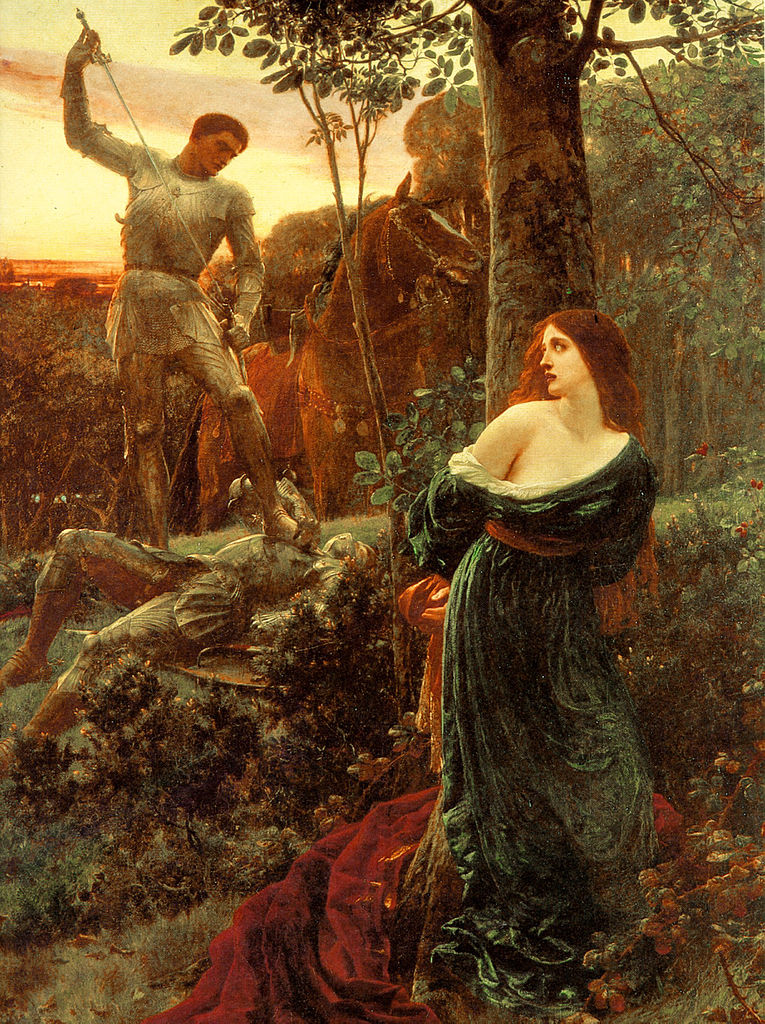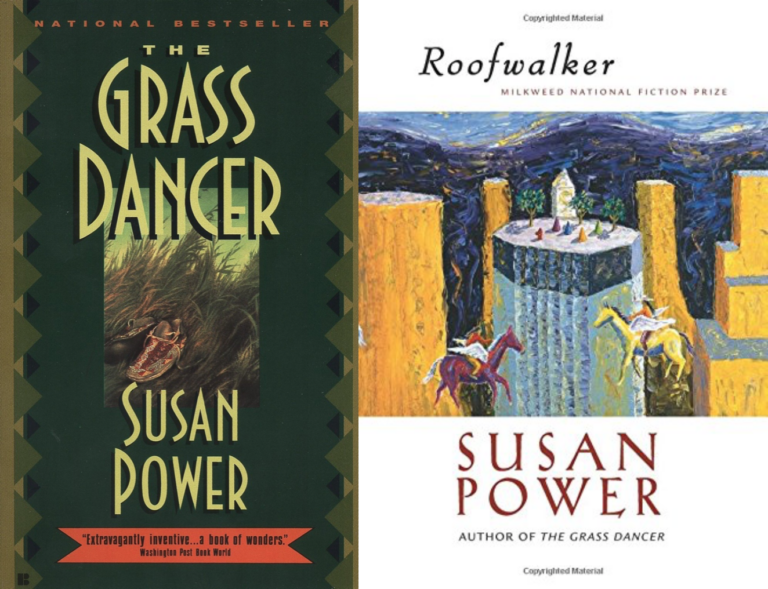Review: Dear Lil Wayne
 Dear Lil Wayne
Dear Lil Wayne
Lauren Ireland
Magic Helicopter Press, April 2014
76 pages
$11
Buy: book
Joe Wenderoth’s Letters to Wendy’s celebrated its tenth anniversary this year. Sad to say, the book has not aged as gracefully as I had hoped. Every time I bring out a few selections from Letters to Wendy’s, my Intro. to Lit. students alternately roll their eyes or stare blankly at the overhead projector. In all likelihood they are overwhelmed by poetry in general—especially absurdist prose poetry about fast food—and Wenderoth’s epistolary book is hyper-graphic, too. However, I’m also sure that many have never even seen a comment card before and thus fail to understand the overarching conceit of the project.
Perhaps Lauren Ireland’s epistolary poetry collection Dear Lil Wayne is the Letters to Wendy’s of this decade. The book design even echoes Wenderoth’s, but instead of Wenderoth’s lonely, over-drugged, sexually-repressed man, Lauren Ireland depicts a lonely, oversexed woman in these letters to the incarcerated rapper Lil Wayne. “I wonder if I’m doing the right thing,” Ireland writes to Tunci. “Do you? All the haters, talking shit about us. Sometimes I listen to them, which I realize is a bitch move.”
At the beginning of the collection, the poet claims to have actually mailed all of the collected letters, individually, to Mr. Carter during and following his imprisonment. She reports that he never replied, and this is deeply satisfying given the wide range of disturbing and revelatory content of her letters. It’s fun to imagine him reading these messages, alternately horrified and titillated, as many readers of the now-published collection will certainly be. This is confessional poetry for the millennial generation.
For Ireland, celebrity is a stand-in for the divine, as in her letter from July 15th: “Dear Lil Wayne, … Oh Lord Jesus, the terrific lightning over the avenues. Over all the avenues and I was scared. Are you? Tell me what to do with these feelings.” This correlation between talent and fame and the divine is especially present in the rap game. Wayne even called himself a god at a New Year’s Eve DJ set in Miami back in 2012. Why not conflate Lil Wayne to a god-like status—at least for the next decade–before he becomes replaced by the next bastion of social institutions?
***
Quincy Rhoads is a regular contributor to Entropy and his other reviews have appeared in HTMLGIANT, Metazen, and Rain Taxi. He lives in Middle Tennessee and teaches English composition.


